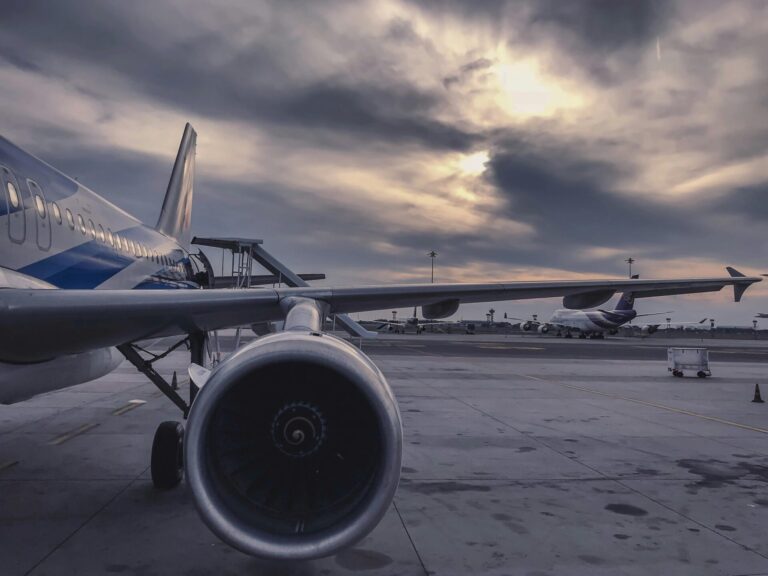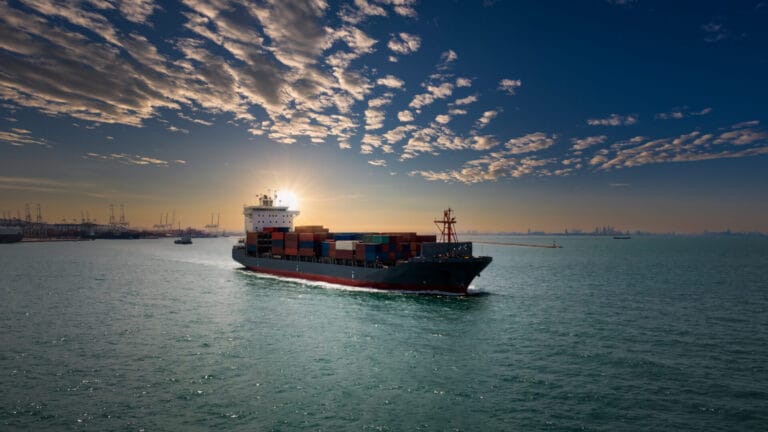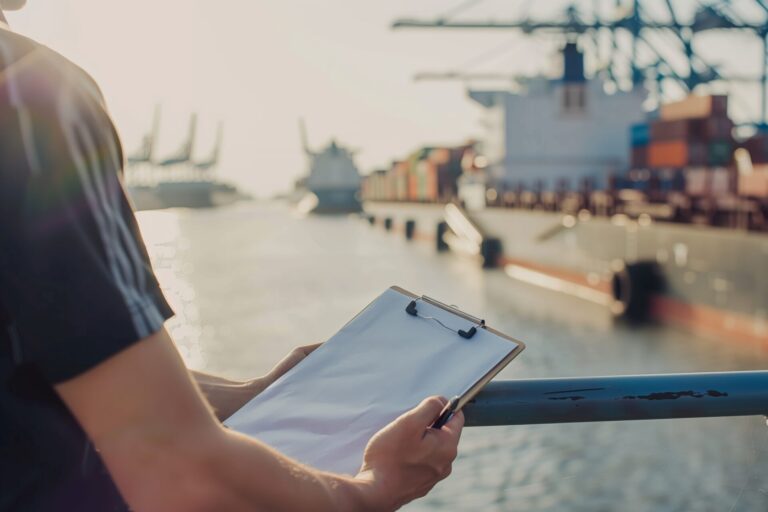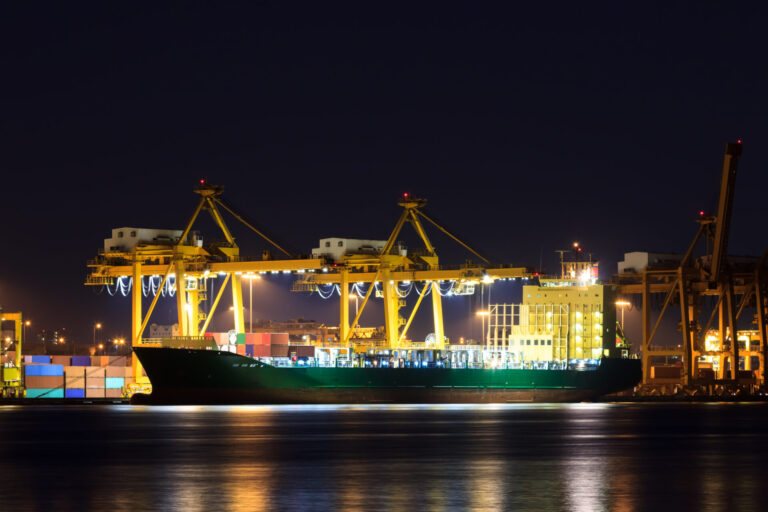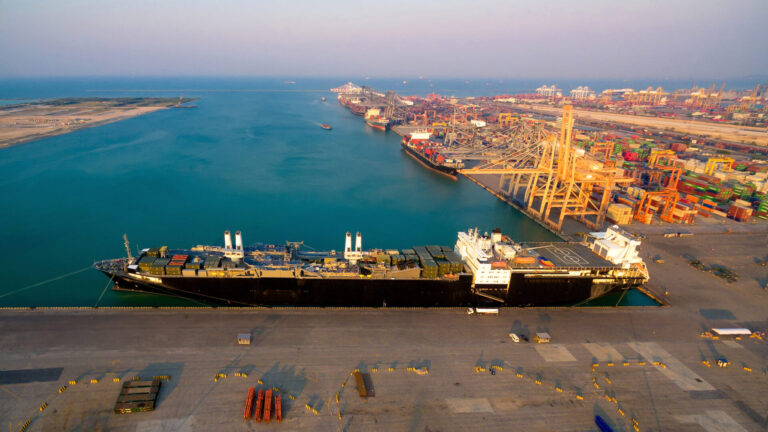Ocean Freight Types: A Comprehensive Guide
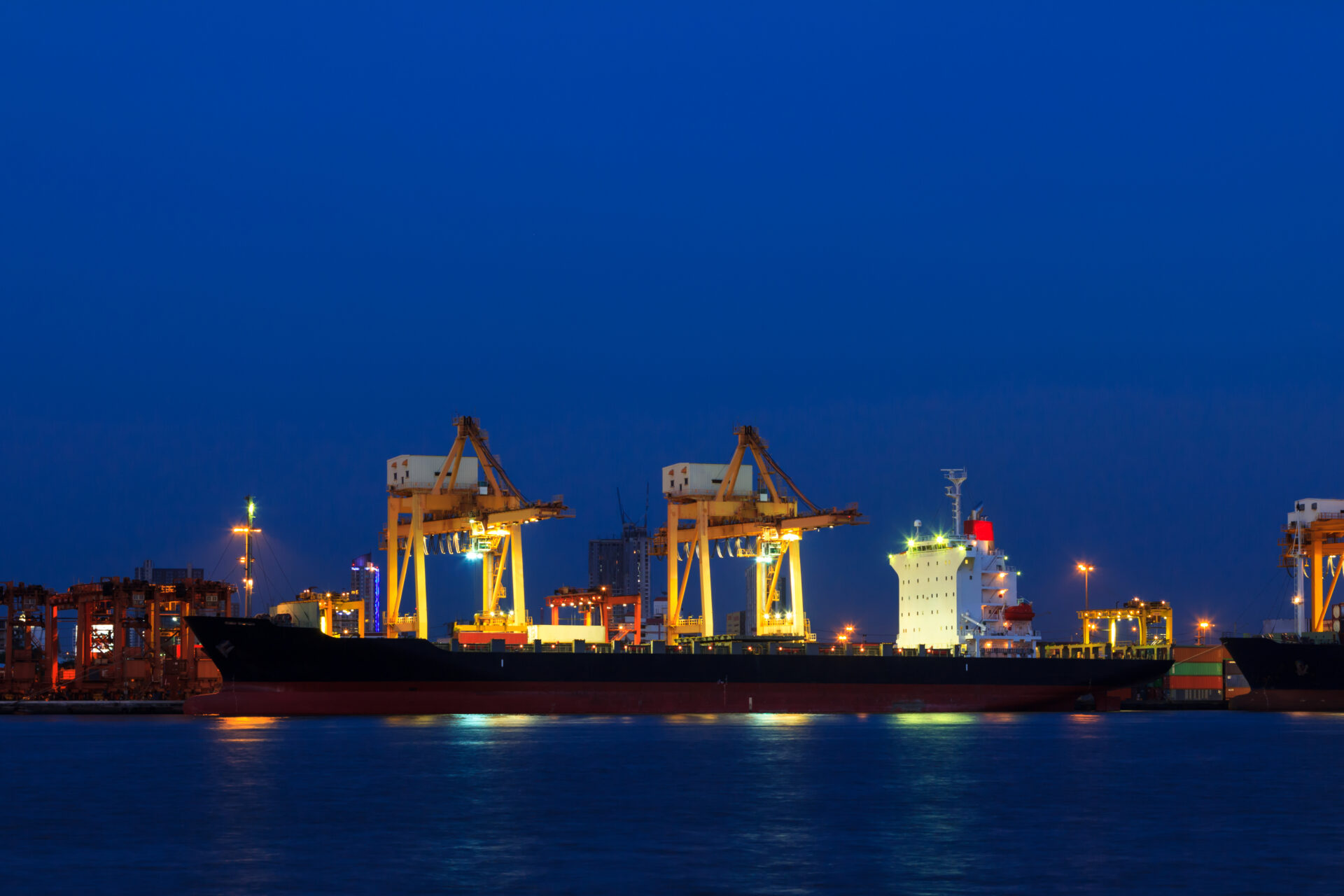
Ocean freight, also known as sea freight, is a vital mode of international transportation that plays a significant role in global trade.
Understanding the various types of ocean freight can be essential for cost-effective and efficient shipping solutions for businesses in Pakistan, including those in major cities like Karachi, Lahore, and Islamabad.
This guide will help you navigate the different ocean freight options available, allowing your business to make informed decisions and streamline logistics.
Introduction to Ocean Freight
Ocean freight is one of the most widely used methods of transporting goods across the globe, accounting for over 80% of international trade by volume.
For businesses in Pakistan, ocean freight provides an affordable and reliable means of shipping large quantities of goods to international markets.
With strategic ports such as Karachi Port and Port Qasim, businesses in Pakistan are well-positioned to take advantage of sea freight, which plays an essential role in facilitating global trade.
The economic importance of ocean freight cannot be overstated. It enables businesses to access global markets and allows countries like Pakistan to import essential raw materials and export finished goods efficiently.
Types of Ocean Freight
When selecting ocean freight, businesses need to consider factors like the size and type of their cargo, delivery timelines, and budget. Below are the most common types of ocean freight:
1. Full Container Load (FCL)
Full Container Load (FCL) is a shipping service where a single customer books an entire container for their cargo. This option is ideal for businesses with large shipments that fill the entire container.
Benefits of FCL:
Cost-effective for Large Shipments: FCL is most suitable for businesses in Karachi, Lahore, or other major cities that frequently export bulk quantities of goods. It offers better rates for large shipments.
Less Handling: Since the container is dedicated to a single shipment, there is less handling, reducing the risk of damage.
Faster Transit: FCL shipments typically involve fewer stops, making the shipping process faster compared to other methods.
FCL is the preferred choice for businesses that need to ship large quantities of products such as textiles, chemicals, or electronics.
2. Less than Container Load (LCL)
Less-than-container-load (LCL) is a service in which shipments from multiple shippers are consolidated into a single container. This option is suitable for smaller shipments that don’t require an entire container.
Benefits of LCL:
Affordable for Small Shipments: For businesses in Lahore or smaller cities that need to ship smaller quantities.
Flexible: LCL allows businesses to ship smaller quantities without having to wait until a full container is ready.
No Storage Fees: With LCL, goods are shipped promptly, eliminating the need for excessive storage time.
LCL is an excellent option for Pakistani businesses looking to start exporting or for those with irregular shipment volumes.
3. Breakbulk Cargo
Breakbulk Cargo is used for goods that cannot fit into standard containers due to their size, shape, or weight. These items are typically loaded individually onto the ship, often requiring special handling equipment such as cranes.
Benefits of Breakbulk:
Ideal for Large or Heavy Items: Breakbulk is perfect for businesses involved in industries like construction or manufacturing in cities like Karachi, where heavy machinery or large equipment needs to be shipped.
Custom Handling: The cargo is handled separately, providing more tailored solutions for oversized goods.
No Need for Containers: Breakbulk cargo doesn’t require standard containers, which is useful for irregularly shaped shipments like steel, machinery, or large vehicles.
Breakbulk is often used for shipping construction equipment, industrial machinery, and other oversized goods.
4. Roll-on/Roll-off (RoRo)
Roll-on/Roll-off (RoRo) is a method of shipping in which vehicles and machinery are loaded onto the ship and removed at the destination. This type of freight is commonly used for transporting cars, trucks, and large machinery.
Benefits of RoRo:
Ideal for Vehicles and Heavy Machinery: RoRo is especially useful for businesses in Karachi, where automotive exports are common. It’s also a good option for industries that deal with large machinery.
Quick Loading and Unloading: RoRo shipments are faster to load and unload because vehicles are driven on and off the vessel, reducing handling time.
Cost-effective for Large Shipments: RoRo is often cheaper than shipping goods in containers, particularly for large or heavy vehicles.
RoRo is the best choice for businesses involved in the automotive industry or for those needing to ship large equipment.
5. Reefer Containers
Reefer Containers are temperature-controlled containers used for transporting perishable goods. These containers maintain a constant temperature to ensure that sensitive cargo, such as food, pharmaceuticals, or chemicals, remains in optimal condition.
Benefits of Reefer Containers:
Preserve Perishables: Reefer containers are essential for Karachi businesses that export fruits, seafood, or pharmaceuticals.
Temperature Control: These containers ensure the shipment is kept at the required temperature throughout the journey.
Reduced Spoilage: Reefer containers extend the shelf life of perishable goods, making them crucial for the global supply chain.
For businesses involved in the food export or pharmaceutical sectors in Pakistan, reefer containers are indispensable.
6. Project Cargo
Project Cargo refers to the transportation of large, complex shipments like industrial machinery, large equipment, or components for infrastructure projects. This freight type often involves specialized handling and custom solutions.
Benefits of Project Cargo:
Tailored for Heavy and Oversized Goods: For industries like construction and energy, project cargo services provide customized solutions for large and oversized shipments.
Specialized Handling: Project cargo often requires cranes and other heavy-lift equipment to load and unload the goods.
Timely Delivery: Project cargo services ensure that critical shipments arrive on time to meet project deadlines.
Businesses in Karachi or Lahore that handle industrial projects can benefit from project cargo services for machinery and other large shipments.
Factors to Consider When Choosing an Ocean Freight Type
When deciding which ocean freight option to choose, Pakistani businesses should consider factors like:
Shipment Size: Larger shipments may benefit from FCL, while smaller shipments can use LCL.
Type of Goods: Perishable goods require reefer containers, while heavy machinery needs breakbulk or project cargo services.
Budget: LCL is more affordable for small shipments, while FCL offers better rates for larger shipments. It’s also important to compare ocean freight charges to ensure the most cost-efficient solution for your business.
Delivery Timeline: FCL tends to be faster compared to other options like LCL or breakbulk.
Why Choose Galaxefi for Ocean Freight
Galaxefi offers a seamless platform for managing ocean freight shipments. Whether you’re in Karachi, Lahore, or any other city, Galaxefi simplifies the process of choosing the right freight option for your business.
With its expertise in ocean freight services, businesses can access a global network of carriers, ensuring timely and cost-efficient deliveries.
Conclusion
Understanding the different types of ocean freight is crucial for Pakistani businesses looking to streamline their international shipping operations.
Whether you choose FCL, LCL, or reefer containers, selecting the right freight option can reduce costs, improve efficiency, and safeguard your goods.
By partnering with trusted providers like Galaxefi, Pakistani businesses can optimize their logistics and expand their reach in the global market by partnering with trusted providers like Galaxefi.

